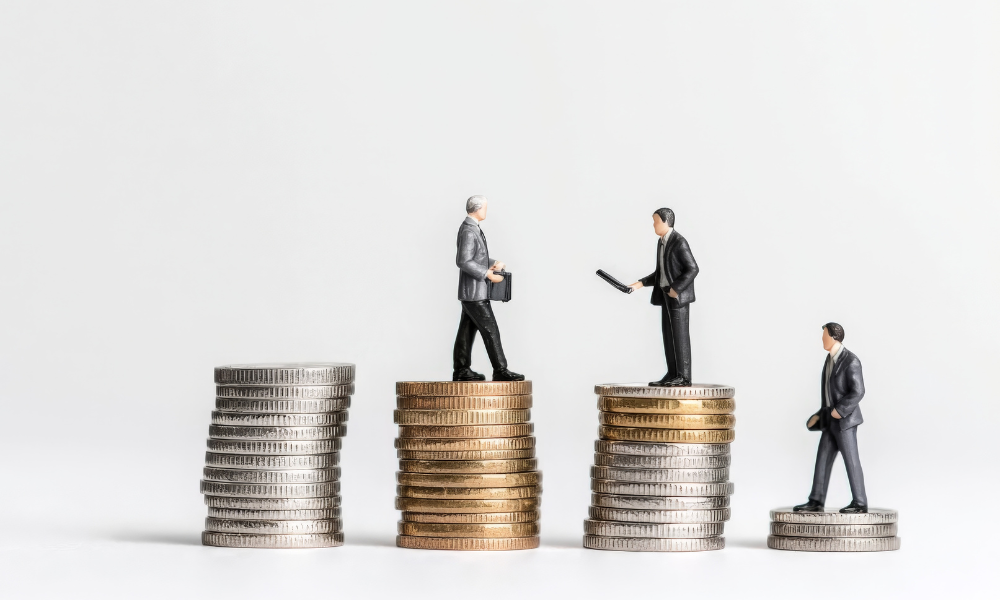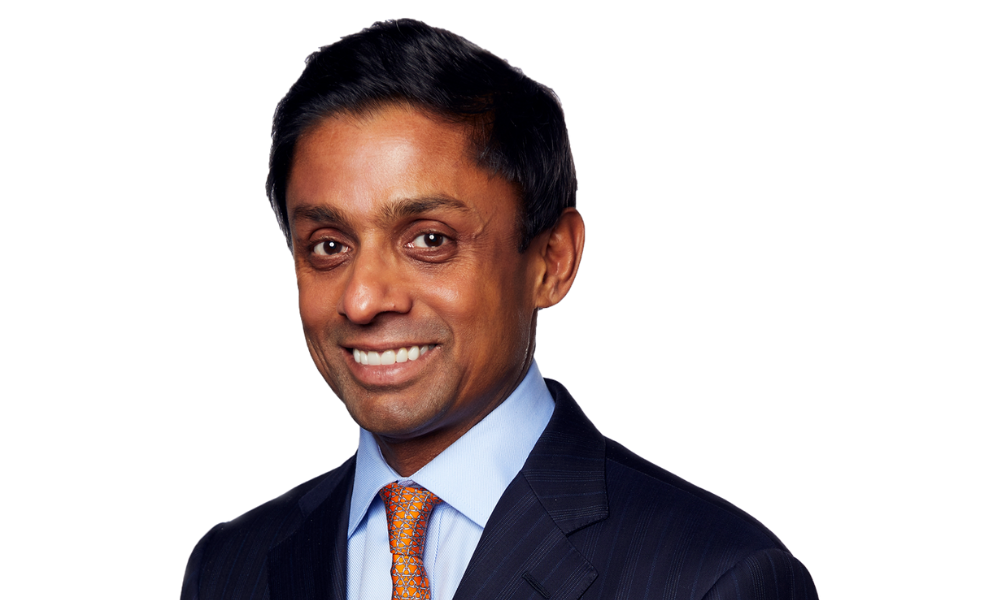Canada and US face growing pressure to close tax gaps as capital gains and fairness dominate agendas

Governments in Canada and the United States are facing renewed pressure to increase taxes on the wealthy, with political leaders and financial executives arguing for greater contributions from top earners to address rising deficits and economic inequality.
In the United States, Fortune reported that Berkshire Hathaway’s Warren Buffett and JP Morgan Chase’s Jamie Dimon have publicly supported raising taxes on high-income earners.
Their call comes as Congressional Republicans weigh a potential millionaires tax—an idea fuelled by US President Donald Trump’s populist appeal—to help finance tax relief on tips, overtime pay, and Social Security benefits, as well as extend provisions from the 2017 Tax Cuts and Jobs Act.
However, Fortune noted that increasing income taxes may not significantly affect billionaires such as Buffett, Dimon, Elon Musk, and Jeff Bezos, who generate most of their wealth through investment income.
For example, ProPublica revealed that Bezos paid no federal income tax from 2007 to 2011 and Musk did the same in 2018. Buffett, according to the same investigation, avoided more tax over several years than any of the top 25 richest Americans.
Buffett has long pointed out the disparity in tax burdens, stating that he paid a lower tax rate than his secretary, Debbie Bosanek, who became a symbol of tax inequality.
In response, former US President Barack Obama proposed the “Buffett rule” in 2011 to raise the effective tax rate on millionaires to 30 percent. The legislation failed due to a Republican filibuster.
Despite ongoing discussions, the existing US federal income tax system remains focused on wage earners.
The top income tax rate is 37 percent for individuals earning at least US$626,350, with a proposed increase to 40 percent for those earning about US$370,000 more.
But long-term capital gains and qualified dividends remain taxed at a top rate of 23.8 percent—a rate that also applies to carried interest for private equity and hedge fund managers.
Trump has suggested closing this loophole, which the Congressional Budget Office estimates could cut the deficit by US$13bn through 2034.
Some argue the wealthy already bear high tax burdens.
Citing a 2024 US Treasury Department study, Tax Foundation president emeritus Scott Hodge wrote that “the country’s wealthiest individuals are hit with effective tax rates as high as 60 percent” when accounting for corporate income, estate, state, local, and international taxes.
“Most governments, foreign and domestic, tax people and businesses on their income and not their wealth,” Hodge wrote in Fortune.
In Canada, the federal government has introduced capital gains tax reforms in its 2024 budget, arguing that wealthy Canadians benefit disproportionately.
The inclusion rate on capital gains will increase from one-half to two-thirds for annual gains above $250,000 for individuals, and for all gains earned by corporations and trusts.
According to the budget, this measure affects only 0.13 percent of Canadians, with an average income of $1.4m.
Still, the concept of a “fair share” remains debated. “That word fair is completely subjective,” said University of Calgary economics professor Trevor Tombe in CBC News.
Jake Fuss from the Fraser Institute agreed, noting that the term lacks clear definitions in policy discussions.
According to the Fraser Institute’s 2023 report, the top 20 percent of Canadian income-earning families pay 61.9 percent of personal income taxes while earning just under half the total income.
These families also contribute 53.1 percent of all taxes.
Statistics Canada data from 2021 also showed the top one percent paid 22.5 percent of income tax while earning 10.4 percent of income. The top 10 percent paid 54.4 percent of income tax but held 34.4 percent of total income.
McGill University’s Allison Christians, however, said such figures are skewed due to income-sheltering strategies and the lower share of consumption taxes paid by top earners.
“The question is not what percentage of income taxes is someone paying, but what is their relative contribution to the finances of Canada as a whole,” she told CBC News.
Clement Nocos from the Broadbent Institute highlighted income and wealth inequality, pointing to Statistics Canada data that shows the wealthiest 20 percent hold over two-thirds of total net wealth, while the bottom 40 percent hold just under three percent.
“You look at wealth as a whole of what people have and what contributes to inequality. That’s sort of what’s missing in these arguments,” he said.
The New Democratic Party has proposed a wealth tax that it says will raise $94.5bn over four years.
According to CBC News, the plan includes a one percent tax on households with net worth between $10m and $50m, two percent for $50m to $100m, and three percent above $100m.
The NDP also plans to raise $24.8bn by closing tax loopholes and $8bn by reducing federal consultancy spending.
To finance expanded public services, the NDP’s platform includes $48.1bn to raise the basic personal amount to $19,500, and $41bn to extend employment insurance benefits to 50 weeks, increase benefit levels, and raise the weekly minimum to $450.
Of that, $16bn would be spent in the first year, scaling down thereafter.
The platform pledges $46.2bn for health care over four years. That includes $10bn to boost Canada Health Transfers by one percent to provinces that commit to action.
The NDP would also implement a $29.2bn universal pharmacare program and spend $7bn to expand mental health services, such as psychotherapy and counselling.
Acknowledging risks tied to Trump’s ongoing trade war, the NDP plans to set aside $4.2bn in a contingency fund.
“You can’t cut your way out” of a difficult economy, party leader Jagmeet Singh told CBC News. “No nurse, no teacher, no tradesperson should pay more than a billionaire flipping stocks.”
The platform rejects cuts to the public sector and social programs in favour of “increased investments in both infrastructure and in people.”



